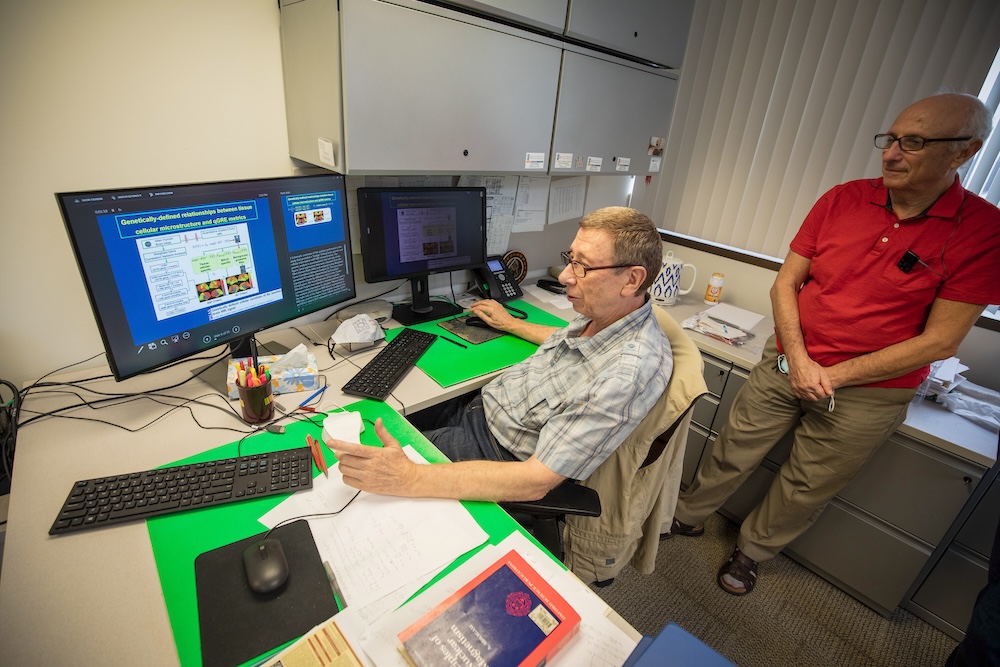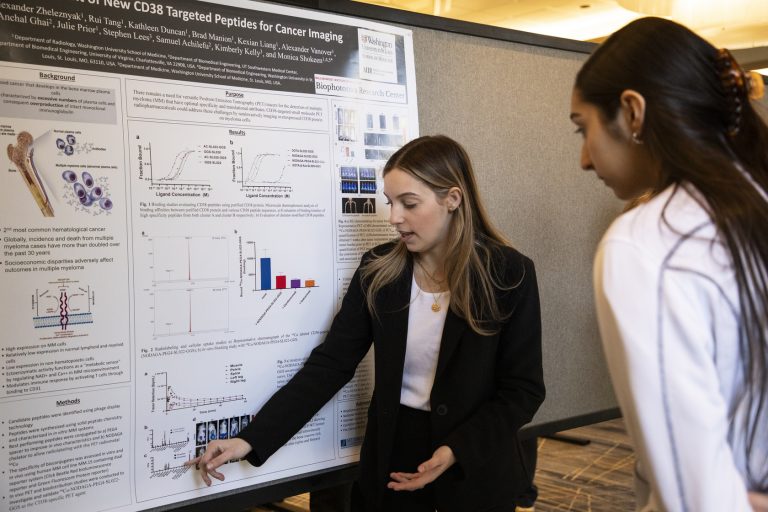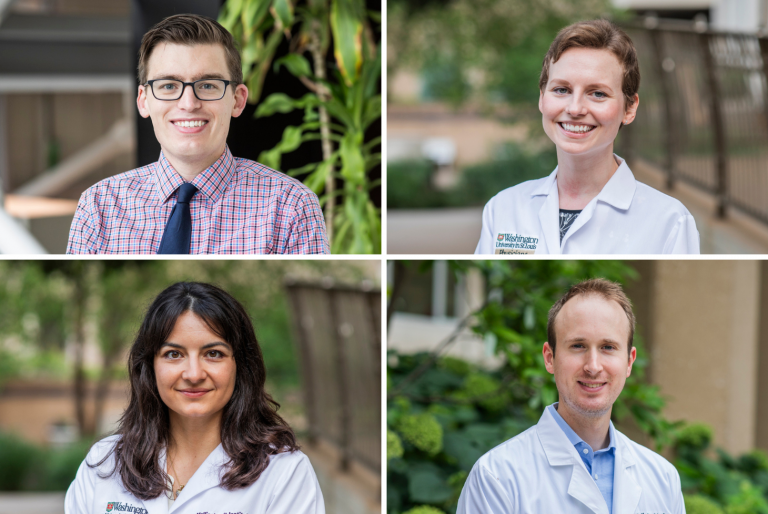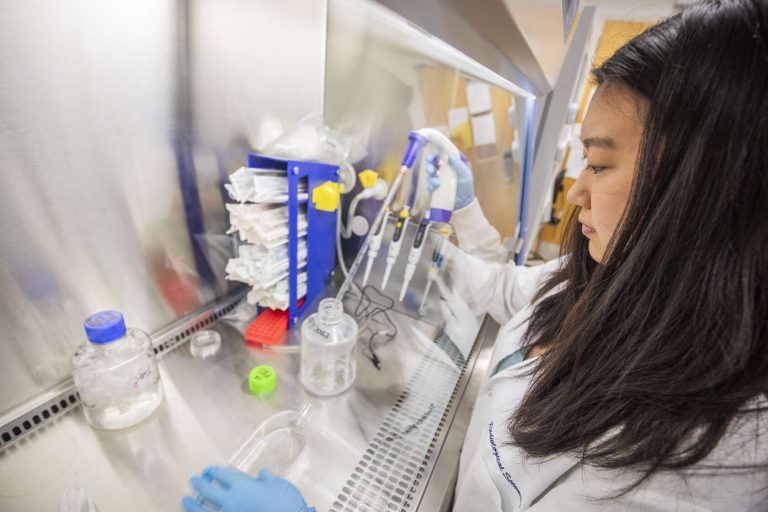Yablonskiy Lab
Projects
Alzheimer’s Disease
In Vivo MRI Biomarkers of Microstructural Correlates of Brain Pathology in Preclinical and Early Alzheimer’s Disease
The objective of this proposal is to use an innovative Gradient Echo Plural Contrast Imaging technique, invented in the Yablonskiy Lab, for developing a widely accessible method for diagnosis of Alzheimer’s disease.
Gradient Echo MRI
The goal of this research project is to use gradient echo MRI to monitor clinical progression in progressive MS patients, including cortical imaging.
Multiple Sclerosis
Prediction of Future Disability in MS Using Combined Novel MRI and Serological Markers
The goal of this project is to determine if features of previously acquired spinal fluid, blood and imaging data from patients with MS who have been followed for at least five years will predict clinical outcomes after a five-year follow up.
Brain Microstructural Neurodegeneration
Deep-Learning-Augmented Quantitative Gradient Recalled Echo (DLA-qGRE) MRI for In Vivo Clinical Evaluation of Brain Microstructural Neurodegeneration
The goal of this project is to combine qGRE technique with deep-learning-based methods of sequence optimization and data analysis. This would allow generating qGRE quantitative metrics characterizing biological tissue cellular content (R2t*) and hemodynamics (R2’) in a matter of seconds with reduced sensitivity to noise and field inhomogeneity artifacts.

Our People
The lab, led by Dmitriy Yablonskiy, PhD, includes researchers with expertise in quantitative MRI-based methods for in vivo studying of humans and animals.



